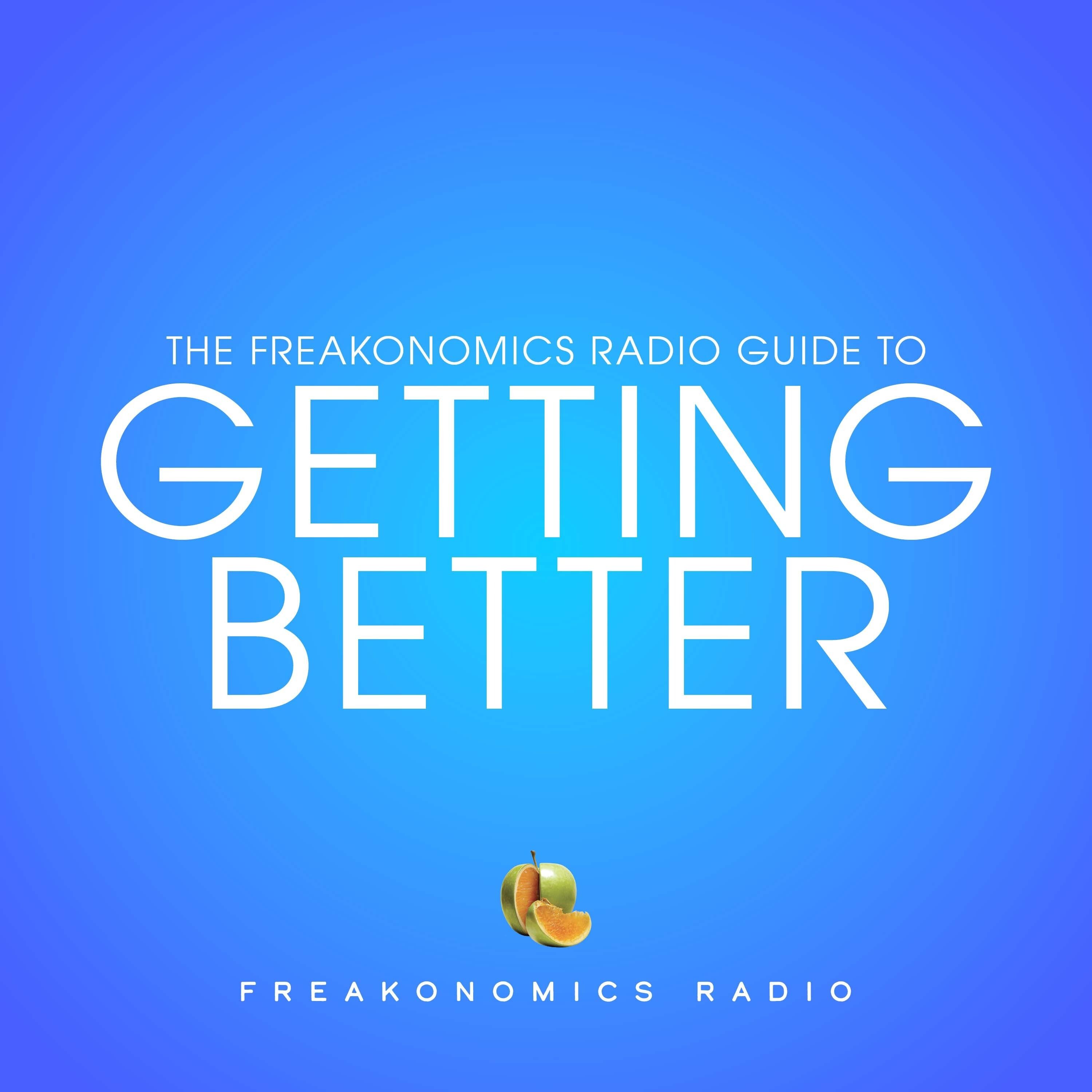Freakonomics Radio
For 50 years, the healthcare industry has been trying (and failing) to harness the power of artificial intelligence. It may finally be ready for prime time. What will this mean for human doctors — and the rest of us? (Part four of “The Freakonomics Radio Guide to Getting Better.”)
- SOURCES:
- Bob Wachter, professor, chair of the department of medicine at the University of California, San Francisco.
- Pierre Elias, cardiologist, assistant professor of biomedical informatics at Columbia University, medical director for artificial intelligence at NewYork-Presbyterian Hospital.
- RESOURCES:
- A Giant Leap: How AI Is Transforming Healthcare and What That Means for Our Future, by Bob Wachter (2026).
- “Epic Systems (MyChart),” by Acquired (2025).
- “Detecting structural heart disease from electrocardiograms using AI,” by Pierre Elias and Timothy Poterucha (Nature, 2025).
- “What Are the Risks of Sharing Medical Records With ChatGPT?” by Maggie Astor (New York Times, 2025).
- “Will Generative Artificial Intelligence Deliver on Its Promise in Health Care?” by Bob Wachter and Erik Brynjolfsson (JAMA, 2023).
- The Digital Doctor: Hope, Hype, and Harm at the Dawn of Medicine’s Computer Age, by Bob Wachter (2015).
- EXTRAS:
- “The Doctor Won’t See You Now,” by Freakonomics Radio (2025).
- “How to Stop Worrying and Love the Robot Apocalypse (Update),” by Freakonomics Radio (2024).
Hosted by Simplecast, an AdsWizz company. See pcm.adswizz.com for information about our collection and use of personal data for advertising.

610. Who Wins and Who Loses Once the U.S. Legalizes Weed?
Some people want the new cannabis economy to look like the craft-beer movement. Others are hoping to build the Amazon of pot. And one expert would prefer a government-run monopoly. We listen in as they…
609. What Does It Take to Run a Cannabis Farm?
Chris Weld worked for years in emergency rooms, then ditched that career and bought an old farm in Massachusetts. He set up a distillery and started making prize-winning spirits. When cannabis was legalized, he jumped…
Abortion and Crime, Revisited (Update)
With abortion on the Nov. 5 ballot, we look back at Steve Levitt’s controversial research about an unintended consequence of Roe v. Wade. SOURCES: John Donohue, professor of law at Stanford Law School. Steve…
608. Cannabis Is Booming, So Why Isn’t Anyone Getting Rich?
There are a lot of reasons, including heavy regulations, high taxes, and competition from illegal weed shops. Most operators are losing money and waiting for Washington to get out of the way. In the meantime,…
607. Is America Switching From Booze to Weed?
We have always been a nation of drinkers — but now there are more daily users of cannabis than alcohol. Considering alcohol’s harms, maybe that’s a good thing. But some people worry that the legalization of…
606. How to Predict the Presidency
Are betting markets more accurate than polls? What kind of chaos would a second Trump term bring? And is U.S. democracy really in danger, or just “sputtering on”? (Part two of a two-part series.) …
Has the U.S. Presidency Become a Dictatorship? (Update)
Sure, we all pay lip service to the Madisonian system of checks and balances. But presidents have been steadily expanding the reach of the job. With an election around the corner, we updated our 2016…
605. What Do People Do All Day?
Sixty percent of the jobs that Americans do today didn’t exist in 1940. What happens as our labor becomes more technical and less physical? And what kinds of jobs will exist in the future? …
EXTRA: Roland Fryer Refuses to Lie to Black America (Update)
His research on police brutality and school incentives won him acclaim, but also enemies. He was suspended for two years by Harvard, during which time he took a hard look at corporate diversity programs. As…
604. Did the N.F.L. Solve Diversity Hiring? (Part 2)
What happened when the Rooney Rule made its way from pro football to corporate America? Some progress, some backsliding, and a lot of controversy. (Second in a two-part series.) SOURCES: Tynesia Boyea-Robinson, president and…
